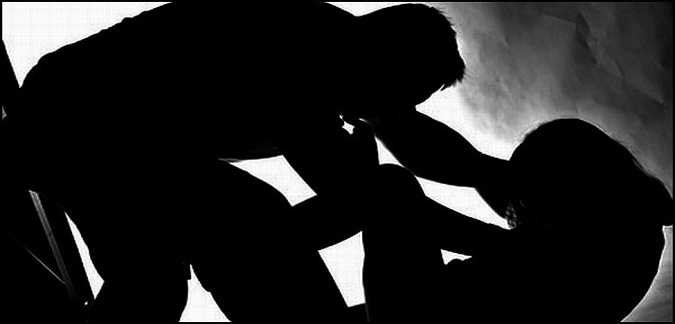In Nigeria’s society, a troubling pattern persists – the scourge of child sexual abuse. Behind the curtains of silence, countless innocent souls endure unspeakable horrors, their childhoods stolen and their futures overshadowed by trauma.
Permit me to examine the harrowing reality of child sexual abuse in Nigeria, exploring the legal framework, preventive measures, and the uphill battle in prosecuting offenders.
Nigeria boasts an array of legislation aimed at safeguarding children against sexual exploitation. The Child Rights Act of 2003 stands as a light of hope, outlining provisions for the protection of children from all forms of abuse, including sexual abuse.
Additionally, the Criminal Code and Penal Code address various offenses related to child sexual abuse, prescribing penalties for perpetrators. However, despite these legal safeguards, enforcement remains a challenge, often hindered by institutional inefficiencies and societal attitudes.
Education emerges as a potent tool, empowering children with knowledge of their rights and equipping them with the confidence to speak out against abuse. School-based programs, community workshops, and media campaigns play pivotal roles in raising awareness and challenging the culture of silence surrounding the issue.

Furthermore, promoting a supportive environment where victims feel safe to disclose their experiences is crucial in breaking the cycle of abuse.
The path to justice for victims of child sexual abuse in Nigeria is fraught with obstacles.
Legal proceedings often entail lengthy delays, exacerbated by a backlog of cases and a shortage of resources. Moreover, the burden of proof rests heavily on the shoulders of victims, many of whom face stigma, intimidation, and societal pressure to remain silent.
The lack of specialized training for law enforcement officials and judicial personnel further compounds the challenges, leading to miscarriages of justice and impunity for perpetrators.
Behind the statistics lie real-life narratives that underscore the gravity of the issue. Consider the case of Bimbo, a 10-year-old girl from Abeokuta, whose innocence was shattered by a trusted neighbor.
Despite her courageous testimony, the wheels of justice ground to a halt, leaving her and her family struggling with the trauma of betrayal and injustice. Tunde’s story sheds light on the often overlooked issue of boys facing sexual exploitation, highlighting the importance of recognizing and addressing this vulnerability in society. It’s crucial to challenge stereotypes and provide support for all individuals affected by such exploitation.
The fight against child sexual abuse in Nigeria demands an approach, encompassing legal reform, community engagement, and societal transformation. It requires a collective commitment to break the chains of silence and impunity, to amplify the voices of the voiceless, and to safeguard the innocence of Nigeria’s children. As a society, we must stand united in our resolve to protect the most vulnerable among us and to ensure that every child can grow up in a world free from fear and exploitation.




